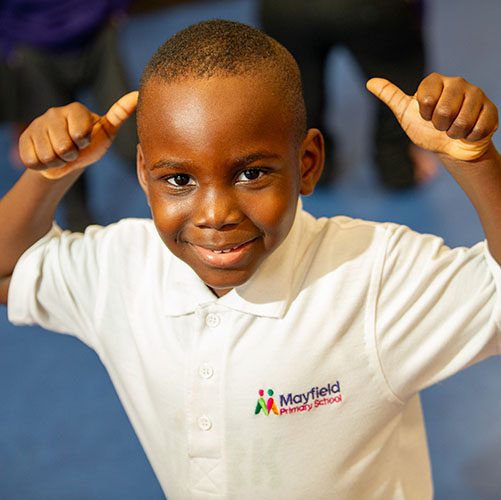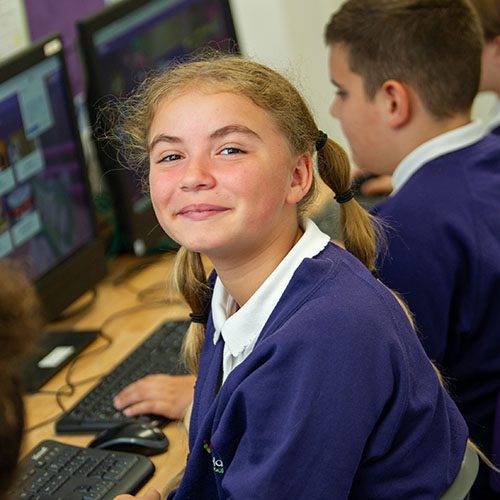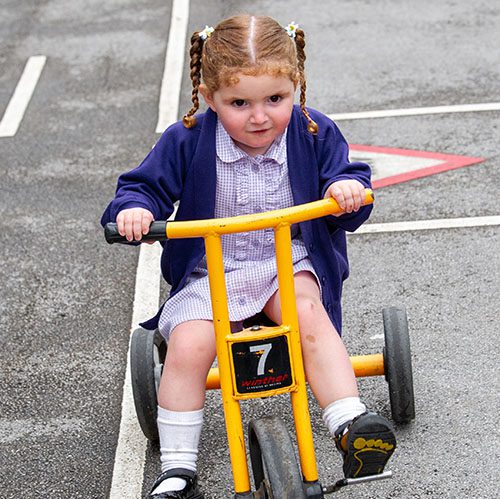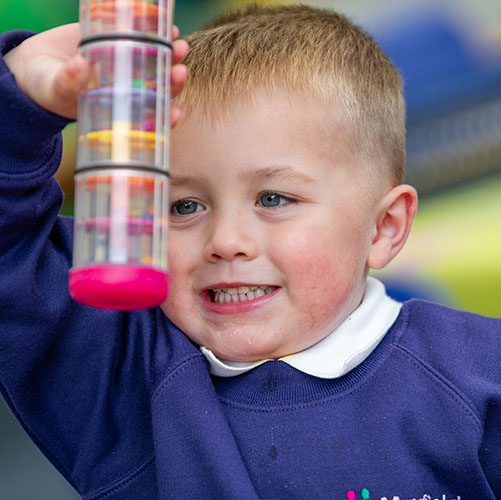Spiritual, Moral, Social, Cultural Curriculum
Celebrating diversity; unlocking the potential
What is SMSC?
SMSC stands for spiritual, moral, social and cultural development. All schools in England must show how well their pupils develop in SMSC. As part of work in this area, it meets Article 2 for the Rights of the Child where they apply to every child without discrimination.
Spiritual: Explore beliefs and experience; respect faiths, feelings and values; enjoy learning about oneself, others and the surrounding world; use imagination and creativity; reflect.
Moral: Recognise right and wrong; respect the law; understand consequences; investigate moral and ethical issues; offer reasoned views and have an appreciation of British Values.
Social: Investigate and moral issues; appreciate diverse viewpoints; participate, volunteer and cooperate; resolve conflict; engage with the fundamental values of British democracy.
Cultural: Appreciate cultural influences; appreciate the role of Britain’s parliamentary system; participate in culture opportunities; understand, accept, respect and celebrate diversity.
Vision for SMSC (Intent)
At Mayfield Primary School, the children and their learning are at the very heart of every decision made. The school will help the pupils to develop an inner discipline and will encourage them to not just ‘follow the crowd’ – they will make up their own minds and be ready to accept responsibility for what they do. They will grow through making choices and holding to the choices that they have made. They will want to be honest with themselves and with others. The Spiritual, Moral, Social and Cultural education of pupils at Mayfield Primary School is cross-curricular with quality texts at the centre of the planning. The SMSC (Spiritual, Moral, Social, Cultural) strands weave through our school ethos rather than being taught in separate lessons.
What does SMSC look like at Mayfield?
Spiritual
Pupils spiritual development is shown by their;
- beliefs, religious or otherwise, which inform their perspective on life & their interest in & respect for different people’s feelings & values
- sense of enjoyment and fascination in learning about themselves, others and the world around them, including the intangible
- use of imagination and creativity in their learning
- willingness to reflect on their experiences
We encourage and praise the children’s ability to ask questions and share ideas in a highly respectful manner so they feel supported and knowledgeable.
Moral
Pupils’ moral development is shown by their:
- ability to recognise the difference between right and wrong and their readiness to apply this understanding in their own lives
- understanding of the consequences of their behaviour and actions
- interest in investigating and offering reasoned views about moral and ethical issues
- ability to develop an acceptance of other people, understanding the importance of identifying and combatting discrimination.
Social
Pupils’ social development is shown by their:
- use of a range of social skills in different contexts, including working and socialising with pupils from different religious, ethnic and socio-economic backgrounds
- willingness to participate in a variety of social settings, cooperating well with others and being able to resolve conflicts effectively
- interest in, and understanding of, the way communities and societies function at a variety of levels
As a teaching staff we continually encourage children to play and share experiences as a whole school to really support their social development.
Cultural
Pupils’ cultural development is shown by their:
- understanding and appreciation of the wide range of cultural influences that have shaped their own heritage
- willingness to participate in, and respond to, for example, artistic, musical, sporting, mathematical, technological, scientific and cultural opportunities
- interest in exploring, understanding of, and respect for cultural diversity and the extent to which they understand, accept, respect and celebrate diversity, as shown by their attitudes towards different religious, ethnic and socio-economic groups in the local, national and global communities
Children at Mayfield are exposed to a wide range of literature, music and information to enhance their cultural development
Mayfield Primary School is proud to be part of the Cranmer Education Trust
Cranmer Education Trust is a company limited by guarantee and an exempt charity registered in England. Company registration number: 07687709. Registered Office: Cranmer Education Trust, c/o The Blue Coat School, Egerton Street, Oldham OL1 3SQ. The website address is www.cranmereducationtrust.com and the phone number 0161 785 5082.









